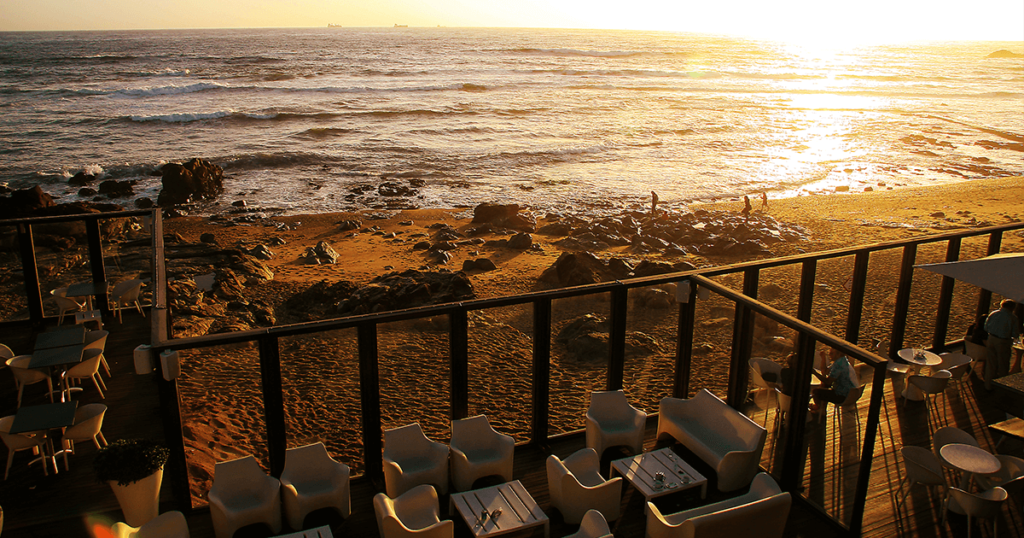
Entre vírgenes, between virgins, sounds like a tea party for chaste women, or holy ones, just as “between men” might suggest a no-holds-barred, no-secrets-hidden, play-it-like-it-is skirmish. Or party. Or brouhaha. Or who knows what. A man might know, but I don’t. Even with my sons, I have no idea what goes on between men. Nothing, according to the reports I get, though when a group of 20-year-olds is around, I hear eager voices and lots of laughter.
I do know what happens in Spain between two particular virgins, the Virgen del Carmen and the Virgen de la Asunción, or, more accurately, between the feast days in their honor on the 16th of July and the 15th of August. What happens is the worst of summer’s heat. In Madrid, you swelter, as I found out one summer. A sleeveless tunic was what I wore, loose and unbelted, and espadrilles until even those felt heavy and hot, and I switched to flip-flops. The heat is bearable after midnight, and in the terraces in the median of Madrid’s main avenue, La Castellana, people gather until the wee hours. During my summer in Madrid, I heard that the temperature in Seville reached 43º C, 109º F, which made Madrid’s 39 in the shade, only 102, sound almost nice, especially if you focused on the shade.
The calendar of saints’ days is the same for the whole of Spain, but the heat is not. When the rest of the country, and continent, was dissolving in heat waves a few weeks ago, temperatures in Asturias were pleasant in comparison. July can even be chilly in the north. This coolness is a mixed blessing, because in the humidity here, it takes nothing but lifting your hand and swatting at a fly to break out in a lingering sweat, and then when a puff of wind comes, you freeze. Many northerners seek the sun that others try to escape.
Next week, as the heat unofficially begins, people will be taking their vacations, the roads will be a carpet of cars, and the heat will be too much for some, not enough for others. Those who find the perfect getaway and the perfect temperature may find they have to share their idyll. “So crowded! Where did all the people come from?”
At first you’d be indignant at the intrusion. But as the vacationers pour in, and an irritating bunch becomes a suffocating horde, you might start to feel a little better: “Look at all the people who made the same mistake!” In English, we say misery loves company, and in Spanish, it’s mal de muchos, consuelo de tontos. But then what? Although in English we say the more, the merrier, in Spanish, when they say cuantos más, mejor, they’re actually opening some bottles, putting on some music, and turning a crowd into a party. Everyone’s welcome, man, woman, child, young and old, virgin or not.

